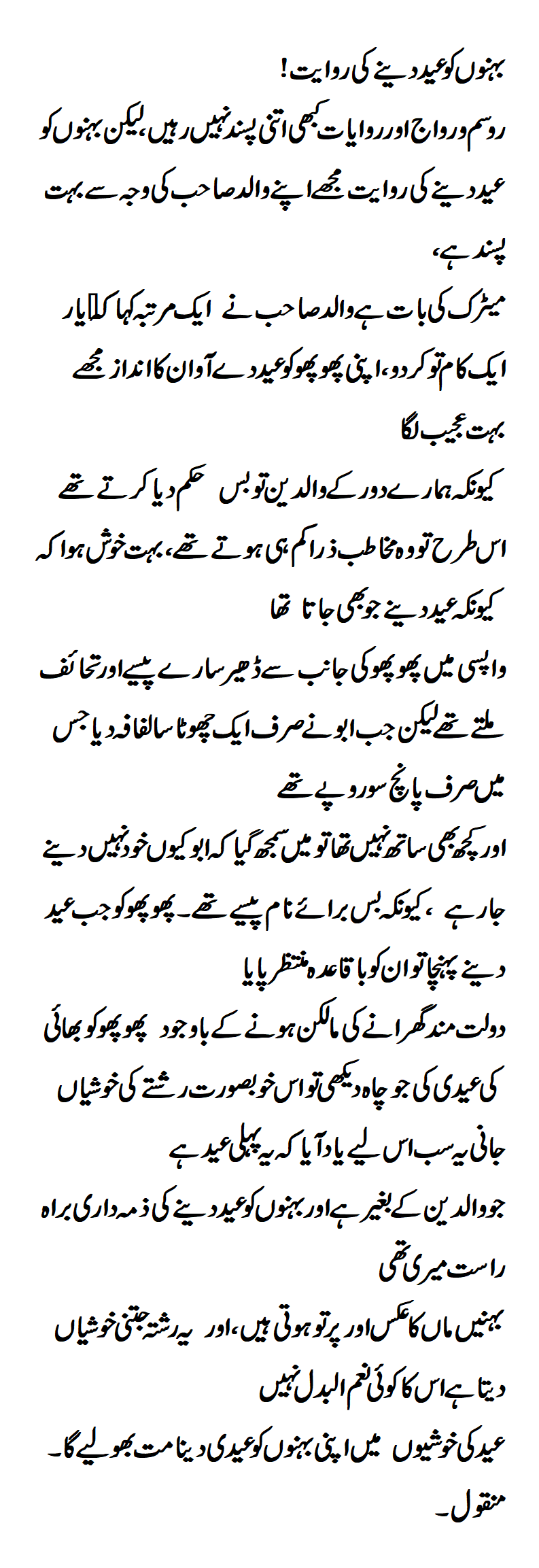Giving children gifts during religious festivals is a tradition followed by families across the globe. For Muslims, those presents often take the form of eidiyah, spending money distributed to children on celebrations such as Eid Al Fitr and Eid Al Adha.
The social tradition dates to the early Middle Ages, when the Fatimid caliphs distributed money, sweets or clothes to young and old citizens on the first day of Eid. By the end of the Ottoman period, however, eidiyah had largely evolved to refer to small amounts of cash given to children by their parents and older relatives within a family.
Giving children gifts during religious festivals is a tradition followed by families across the globe. For Muslims, those presents often take the form of eidiyah, spending money distributed to children on celebrations such as Eid Al Fitr and Eid Al Adha.
The social tradition dates to the early Middle Ages, when the Fatimid caliphs distributed money, sweets or clothes to young and old citizens on the first day of Eid. By the end of the Ottoman period, however, eidiyah had largely evolved to refer to small amounts of cash given to children by their parents and older relatives within a family.
There are parents who use the tradition of eidiyah as a way to teach children about money management and saving for the future.
The custom is by no means universal, though. Some families don’t give eidiyah at all, others frame it as a reward for successfully completing a month’s fasting in Ramadan – particularly at Eid Al Fitr – and in other communities, parents may even give decorated envelopes full of cash to their adult children. Here in the UAE, residents traditionally give eidiyah to children in their families and within the neighbourhood.

While the tradition has taken a more commercial turn in recent times, with presents such as smartphones and video game consoles becoming common, some parents look to teach their children the value of money by giving financial investments instead.
“Ramadan traditions have been increasingly changing with the advent of globalisation,” says Sammy Badran, assistant professor of Political Science at the American University of Sharjah’s Department of International Studies, who researches social trends as part of his job.